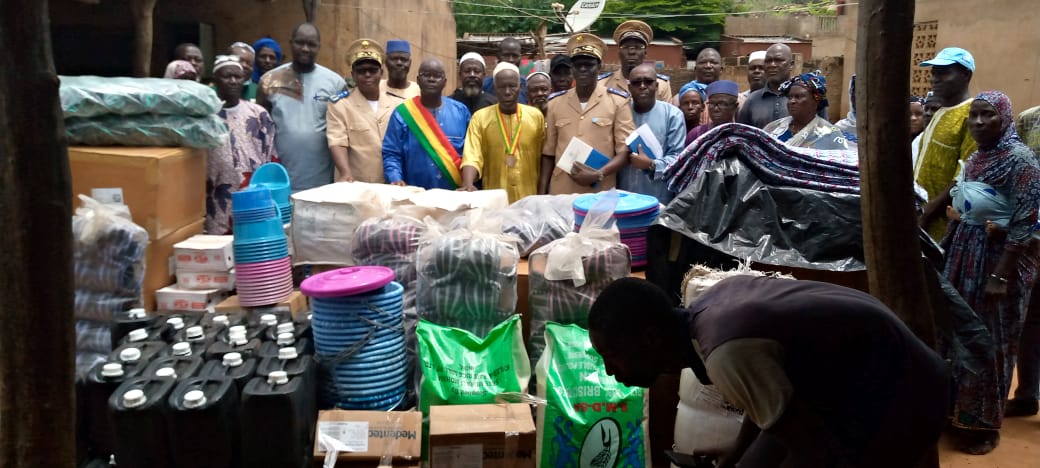In the Central African Republic (CAR), the town of Zemio in the south-east of the country, with a population of around 50,000, currently has an HIV/AIDS infection rate of almost 50%. The security crisis in the region and the large number of internally displaced persons and cross-border commuters are contributing to the spread of the pandemic. The city's health system is inadequate, and HIV prevention is virtually non-existent. The Zemio district has been short of condoms for the past three months. The district hospital has only one doctor. According to the head doctor of the Zemio health district, Beauvier Perard Guéréndoumba, the young population is doomed if nothing is done to remedy the situation.
The town of Zemio, located 1,000 km from Bangui and accessible only by car, requires more than a month on the roads. Rising prices for basic necessities are affecting the entire population, causing widespread impoverishment. In addition, the absence of the Defense and Security Forces for several months now has created a climate of insecurity. Unidentified armed individuals now rule the town. Radio Ndeke Luka, the radio station created and supported by Fondation Hirondelle in CAR for the past 23 years, is the only independent media that relays the dramatic humanitarian situation in the region. With 2.3 million listeners every day, Radio Ndeke Luka is the leading media in the Central African Republic.
In Mali, the Kayes region in the west of the country was hit by severe flooding at the end of the summer, causing the loss of food and livestock. The area is landlocked and difficult to access, especially during the rainy season.
The day after the floods, the correspondent of Studio Tamani, the Fondation Hirondelle’s program in Mali, reported on the needs of the population in the various editions broadcast live across the country through its network of over 80 partner radio stations. Followed by the Bangui and regional authorities, emergency services were able to come quickly. Several tons of essential foodstuffs, tents, sheets, utensils and other utilities were delivered to the population just a few days after the tragedy.
These are two examples of the power of radio to promote health and resilience in natural disasters. The radio both disseminates rapid, relevant, and reliable information to the populations and listen to their needs.
Photo: distribution of food and other items to disaster victims.




